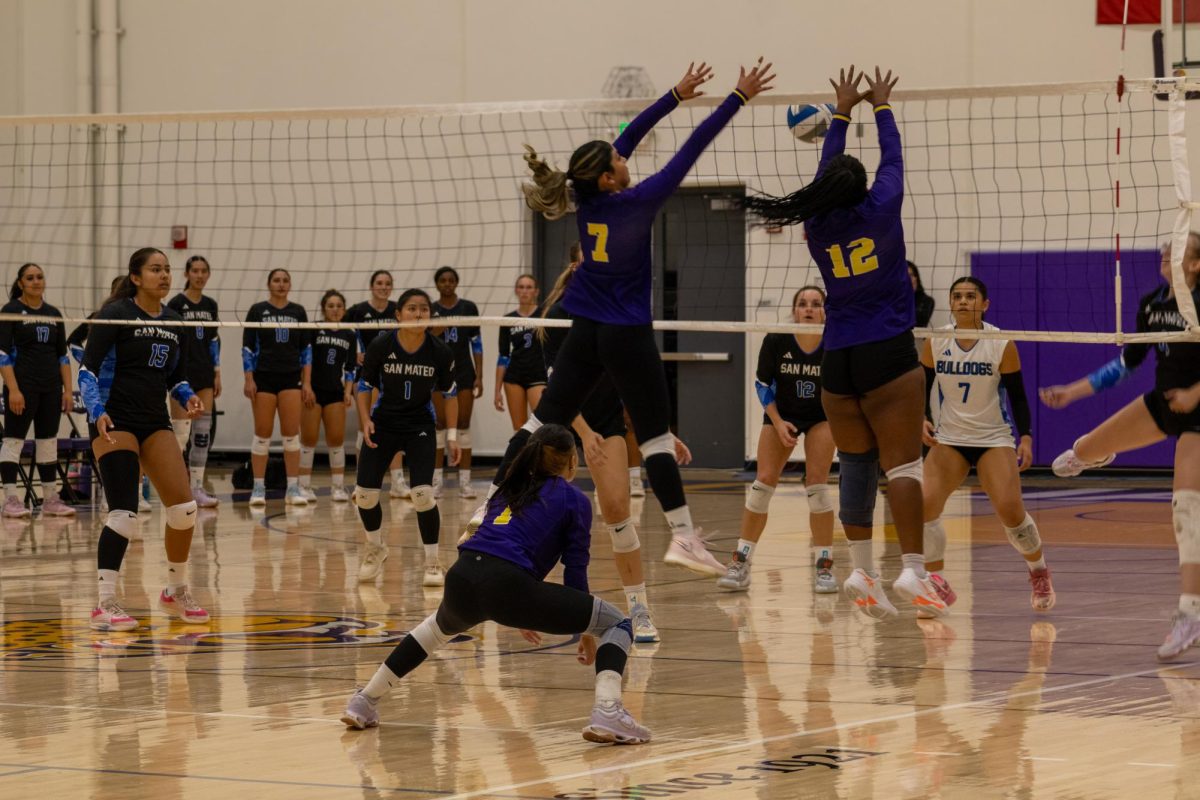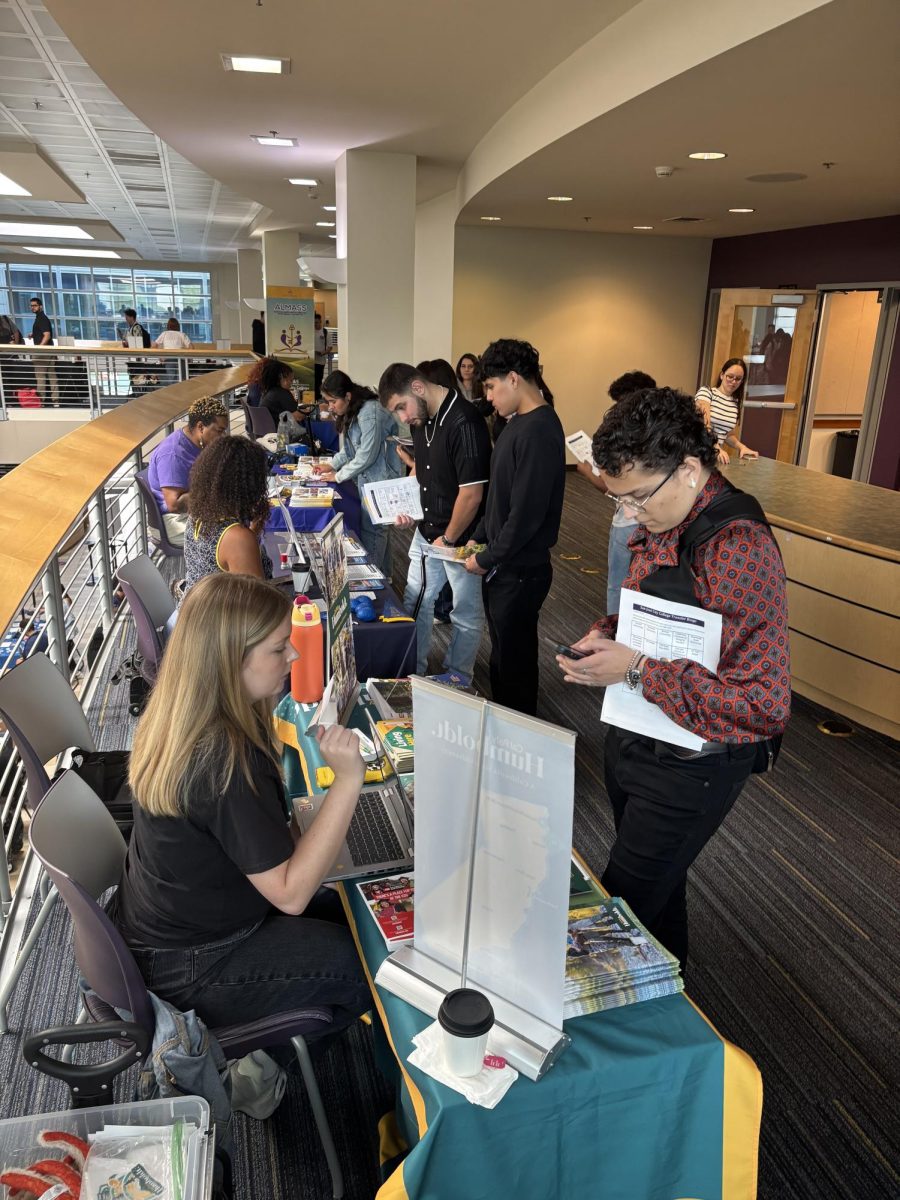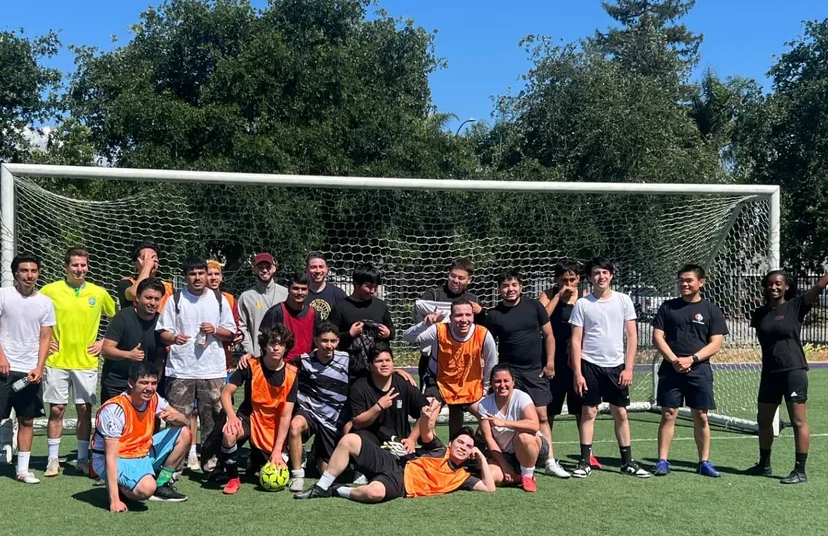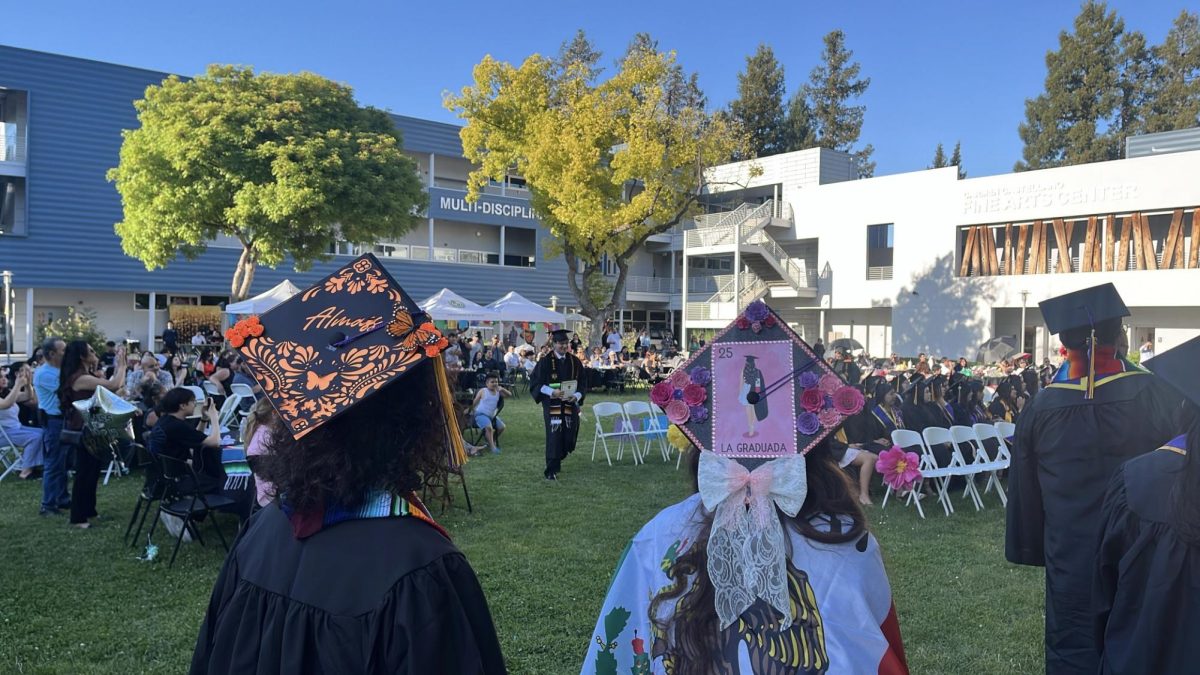The campus police blast-text the entire student body. The intercoms scream, “Shooter on campus – go to lockdown, secure your room.”
Are we safe on campus?
Larry Harris of the City College Times interviewed Campus Police Chief Ray Aguirre and Lieutenant Gilberto Torres about active shooters on campus.
Harris: In the event of a shooter on campus, what happens?
Aguirre: If we get a dispatch of a shooter on campus, a progression of events come into play. Campus police are the first responders. It is our job to identify, neutralize or take out the shooter. The FBI has put together a shooter profile; the shooter is male, his mental state is extremely agitated, he will usually end up killed by law enforcement or by a self-inflicted gunshot. The shooter’s mental perspective is, ‘I have nothing to lose. I am going to die; I might as well take as many people with me as I can.’
Harris: It seems that police normally do not get involved until after the event; but your website speaks of “proactive crime suppression,” can you elaborate?
Aguirre: We as a police force try to be ‘out there’, encouraging, advising, instructing our folks about safety matters. We also observe suspicious elements that might be enough for probable cause which will allow us to initiate contact with a person or group of people to investigate further.
Torres: Proactive crime suppression is also making ourselves visible. We want students to feel comfortable with us, to contact us, to ask us questions. Remember, we are an open campus. A shooter can walk on at any time. Be aware of your surroundings.
Harris: As students in the classroom, what things should we watch out for that might indicate a potential shooter?
Aguirre: A student who verbalizes violent tendencies or has a pattern of being distraught, angry at the world, angry at his family and angry at people in uniform or authority. A student who verbalizes over the course of several days ‘shooting up his home,’ we need to check that student out. We will gather our crises assessment team and make further determinations. As a student, if you feel a situation requires immediate response, contact your instructor or campus police immediately. Today’s law enforcement is better trained to deal with psychological issues.
Harris: What is your take on “concealed carry” on campus?
Aguirre: It’s asinine. The biggest deterrent to a shooter is the current laws we have in place. It would be a grave mistake if the State ofCalifornia began to move in the direction of legalizing firearms on campus.
Harris: What other events may be put into play upon notification of a shooter or other emergency?
Aguirre: Depending on the type of emergency, different events come into play. Under state law, every public employee becomes a ‘disaster service specialist’ and is expected to be involved in disaster recovery and aid. We may also choose to set up a disaster recovery command center on campus equipped with a phone bank, emergency supplies and other disaster recovery equipment to deal with the circumstances.
Harris: What is the ultimate goal of campus police?
Aguirre: The prime directive of campus police is to achieve a safe and secure campus.






